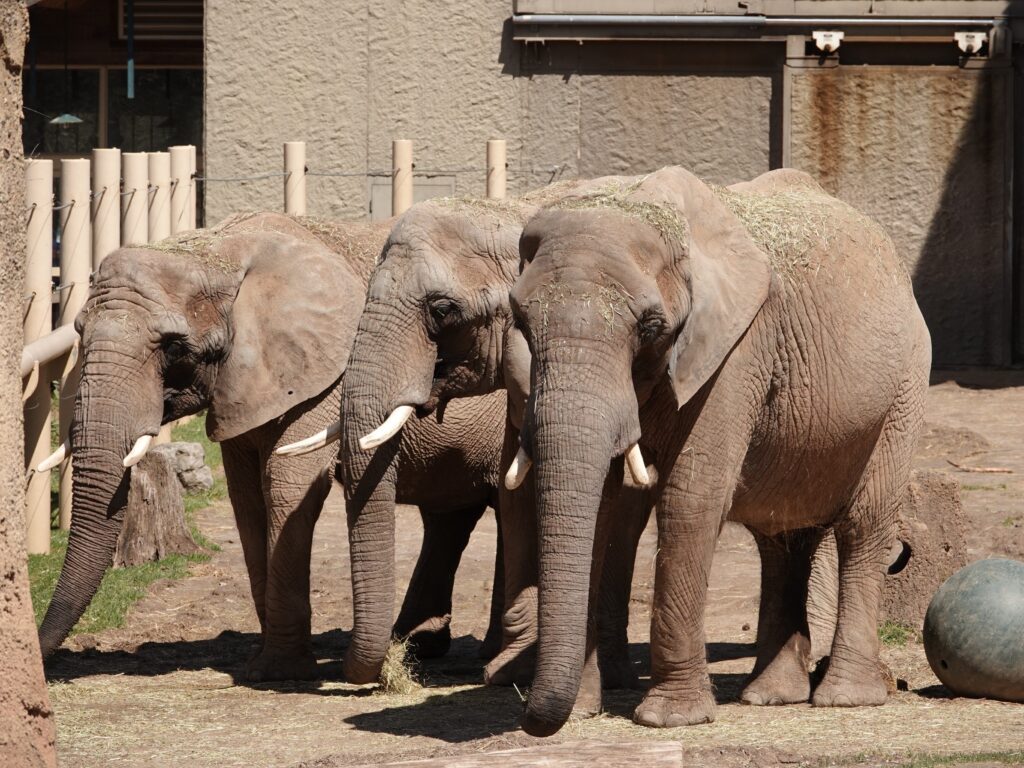Elephant Endotheliotropic Herpesvirus (EEHV) is a highly fatal disease affecting elephants in both natural range and human care. This herpesvirus causes severe symptoms, including lethargy, swelling, and internal bleeding. Particularly deadly in young elephants, EEHV can lead to death if not detected and treated early.
EEHV is a leading cause of death in young elephants, threatening populations worldwide alongside habitat loss and poaching. Symptoms often appear rapidly, requiring immediate action for survival.
In 2021, Seneca Park Zoo was asked if we could start banking plasma for a nationwide effort to create a plasma bank for potential EEHV cases. Our keepers immediately started training. Our elephants had to be trained to accept a larger needle, stand for a longer period for a plasma draw than their normal monthly blood draw, and allow a blood draw from the back of their ears. Genny C., Lilac, and Moki love spending time with their keepers training and the needle size did not phase any of our girls. We also offered their favorite treats for this procedure, bagel pieces! We now successfully have plasma for each of our three African elephants. We can send this plasma to any zoo that has EEHV case in their herd.
At Seneca Park Zoo, we help save elephants with EEHV by contributing to a plasma/blood bank maintained by various zoos. Regular blood tests and screenings help monitor our elephants’ health.
By maintaining a plasma bank, Seneca Park Zoo plays a crucial role in the survival of elephants affected by EEHV. Genny C’s recent plasma donation saved another elephant’s life, highlighting the importance of our work.
EEHV remains a formidable threat, but through collaborative efforts and prompt action, we can combat this disease. At Seneca Park Zoo, we are committed to this cause, ensuring that elephants have a fighting chance against EEHV. Together, we can make a difference and protect these gentle giants for future generations.








